 |
| April 16, 2021 |
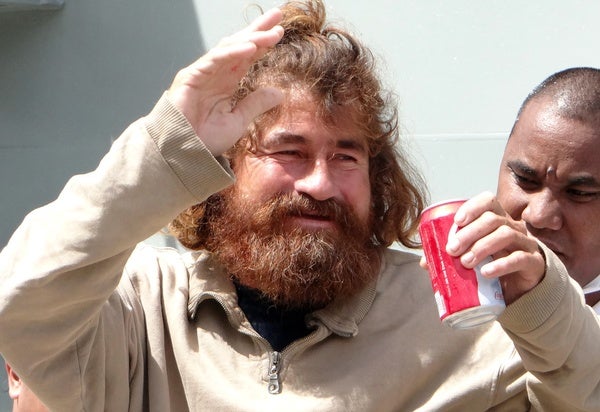 |
| |
| Conservation National Park Nature Walks, Episode 5: A Northwoods Voyage Here is our next installment of a new pop-up podcast miniseries that takes your ears into the deep sound of nature. Host Jacob Job, an ecologist and audiophile, brings you inches away from a multitude of creatures, great and small, amid the sonic grandeur of nature. You may not be easily able to access these places amid the pandemic, but after you take this acoustic journey, you will be longing to get back outside. Strap on some headphones, find a quiet place, and prepare to experience true solitude inside Voyageurs National Park. |  | By Jacob Job | 35:16 | | | |
| |
| |
| |
| |
| |
| |
| |
FROM THE STORE
 | | | |
| |
FROM THE ARCHIVE
 | | | |
| |
LATEST ISSUES
 |
| |
| Questions? Comments?  | |
| Download the Scientific American App |
| |
| |


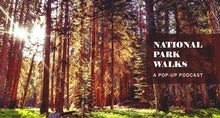
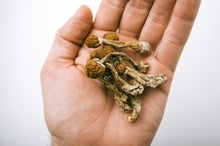
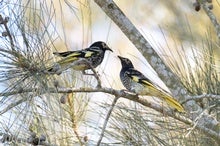
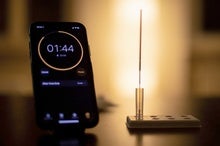
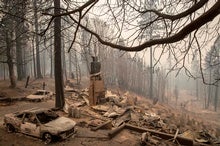
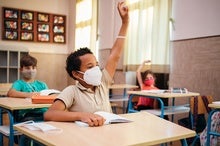


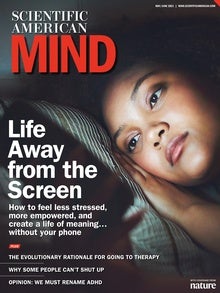



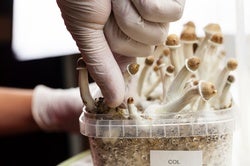
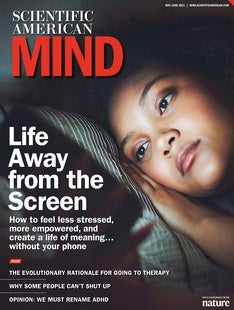

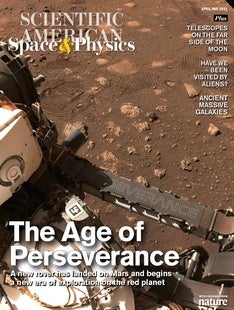
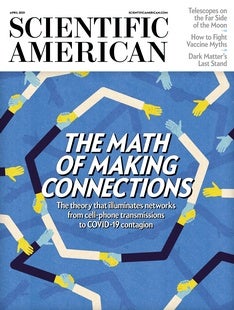
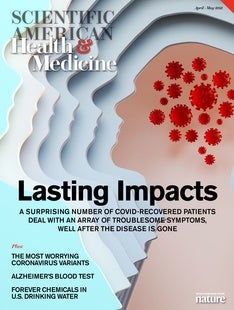



Comments
Post a Comment